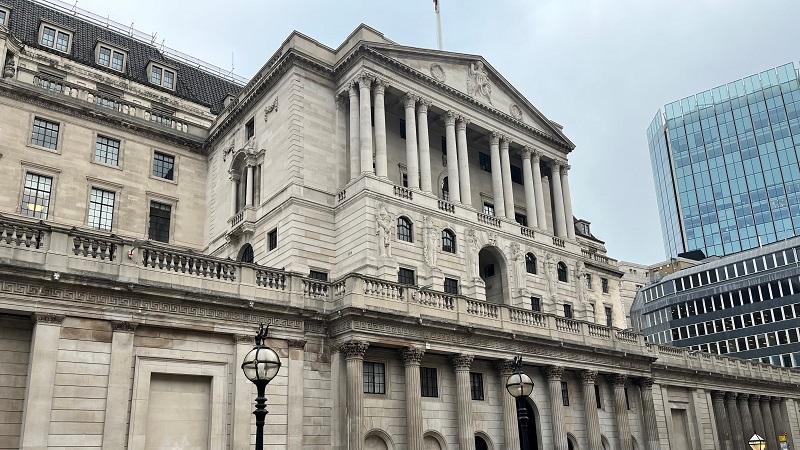UK Consumer Price Inflation (CPI) rose 10.5% over the 12 months to December 2022, marking a second successive month of easing from October’s 11.1% figure, according to the Office for National Statistics.
The decline was mainly driven by falling fuel prices and the slight fall from October’s 10.7% figure, coupled with unexpected growth in GDP last month, has led to some optimism among industry commentators that inflation has now reached its peak.
Core inflation for December – which excludes food, energy, alcohol and tobacco – remained unchanged at 6.3%, however.
Monetary policy implications
Industry commentators appeared to be in agreement that October’s 11.1% CPI figure would prove the peak for inflation – however, they were split on what this could mean for monetary policy-setting over the coming months.
Daniel Casali, chief investment strategist at Evelyn Partners, said: “The Bank of England will welcome softening inflation but, for its rate-setters, the receding of price pressures has some way to go before they take the foot off the rates pedal – particularly if growth continues to surprise on the upside and if growing wage demands prove successful.
“The BoE expects headline CPI inflation essentially to halve to around 5% by the fourth quarter of 2023. Even so, core CPI inflation could remain fairly sticky. The risk to the BoE’s inflation outlook is the potential secondary impact of workers demanding higher wages to keep up with the high cost of living. With the unemployment rate still near cyclical lows, there is a possibility higher wage rates become entrenched in the economy, increasing the risk of an upward wage-inflation spiral.”
Casali expects a 50bps rate rise at the next BoE monetary policy committee meeting on 2 February.
For his part, Chris Beauchamp, chief market analyst at IG Group, said: “A second monthly slowing of inflation pressures seems to point the way to the BoE bringing its hiking programme to a halt in the months to come, cutting back to 50bps in Feb and then 25bps in March, and then sitting back to let higher rates do their thing. This will be of little comfort to UK consumers, but at least one part of the squeeze will abate for the time being.
Atrato Group principal Steve Windsor hinted the BoE may slow up its rate rises to 25bps in February, however, saying: “UK inflation remains stubbornly high with the latest CPI print this morning. This will give the BoE all the evidence it needs to raise base rates further in February, albeit at a likely slower pace with a 25bps increment.
“The good news is that UK inflation does feel like it may well have peaked, and we would expect reported inflation numbers to start to normalise as the year-on-year effects of higher energy prices dissipate over the coming months. This in turn will take the pressure off the BoE to increase rates much further after their February hike.
“Gas prices are now back to pre-war levels and appear to have found some stability at these levels. The multiplier effect of energy prices across the inflation basket is huge and thus the energy effect alone should lead to lower inflation prints going forward.
“Forecasts for UK inflation are for inflation to remain sticky, with CPI 12 months forward still coming in above 5% and hence inflation-linked investments look like a good 2023 safe haven.”










